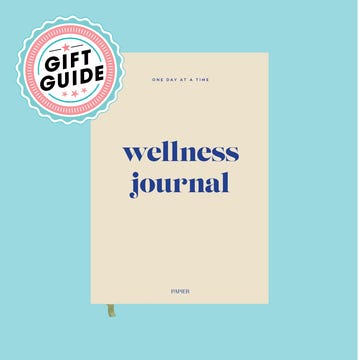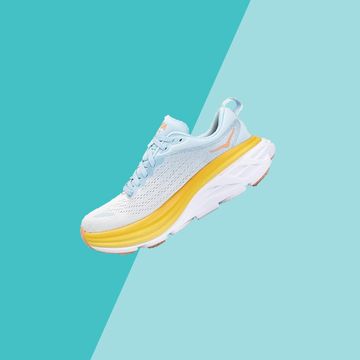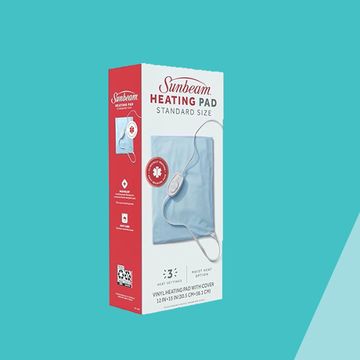7 Morning Habits Setting You Up For A Day Of Total Exhaustion

If you're dragging right about now, don't be quite so quick to blame last night's less-than-stellar sleep. While not getting enough sleep, or not getting the right kind of sleep, is certainly one of the biggest reasons so many of us feel exhausted, there are actually several other reasons you're sluggish. And some of them start before you even leave your house.
But that's a good thing. Why? Because you're totally in control of all 7 of these habits. Which means a more energized day is yours for the taking.
MORE: 10 Ways To Make It Through The Day After A Terrible Night's Sleep
You spend an extra 20 minutes in bed on your phone.
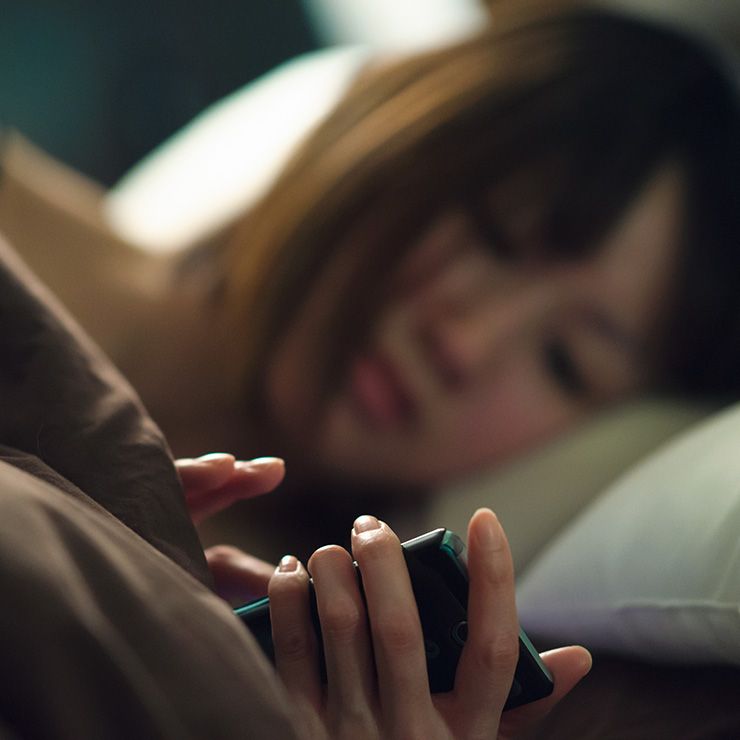
For once, it's not your phone that's to blame—it's spending the extra time in bed that's the problem. "The bed is meant for one main thing: sleeping," says Raj Dasgupta, MD, a fellow of the American Academy of Sleep Medicine. "If you stay in bed, then it gives your mind the feeling that it's time to sleep and not start your day." Even worse, he says, is if you fall back asleep. If your "just 10 more minutes" turns into "oops, it's been an hour," then you're waking up from REM sleep instead of the lighter stages of sleep that you would've woken up from had you gotten out of bed the first time. Waking up from that deeper sleep can actually make you even more tired throughout the day than someone who got less shut-eye but woke up from a lighter stage of sleep. Bottom line: When you wake up, get up.
You're glued to your Fitbit.
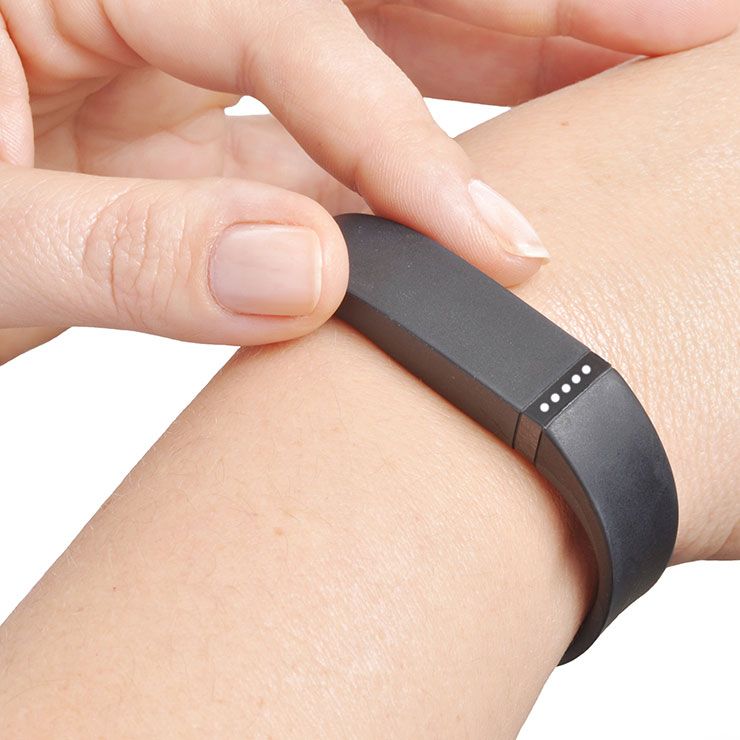
Don't get us wrong—Fitbits and other fitness trackers are great at motivating you to get in a few (or a few thousand) more daily steps. But if you're also using it to track your sleep, you might actually feel more tired, says Dasgupta. It's not that the Fitbit can't help you sleep better, he says, it's that most people wake up, take a look at their crappy sleep score, and immediately start stressing out. "They think I'm going to have a bad day and Anything that doesn't go right today has to be because of my sleep, " he says. That not only makes you stress, sucking the energy out of you before you even brush your teeth, it also puts you in the mindset that you should be tired—even if you actually aren't.
You don't rehydrate.

There's a reason we wake up with stinky morning breath: dehydration. As you sleep, your body continues to soak up the water you drank during the day. That means you're going (ideally) about 8 hours without replenishing your water supply. If you don't rehydrate, then your energy levels will wane. Research from the University of Connecticut's Human Performance Laboratory shows that even mild dehydration makes you tired and irritable. Get drinking before you even head out the door; Kate Zeratsky, RDN at the Mayo Clinic, suggests 8 oz of liquid, whether it's coffee, water, or tea.
You shower at night.
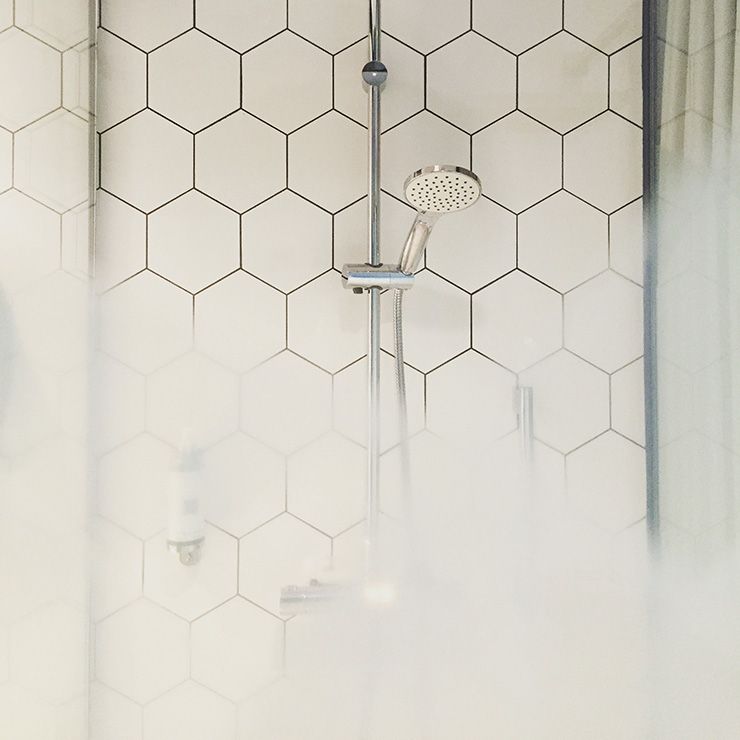
A hot, steamy shower can relax your muscles, wash away stress, and...put you to sleep, right? Actually, according to Dasgupta, it does the opposite. While it might seem counterintuitive to take a warm, relaxing shower to wake up, it might just work. As we fall deeper into sleep, our core body temperature drops to somewhere around 60°F. So "taking a hot shower at night is kind of like exercising at night," Dasgupta says. "It's not a good idea because it increases your core body temperature, so it takes longer to cool down and get to sleep." On the other hand, he says, taking a warm shower in the morning can boost your body temperature from frigid sleeping conditions to warm, energized, and fully awake.
MORE: Drink This, Sleep 90 More Minutes A Night
That said, preliminary studies suggest that cold showers can improve mood in people with depression and winter swimming (for the very brave) can reduce fatigue.
So while the jury's still out on the ideal temperature for feeling energized, one thing's for sure: You should take a morning shower. Adjust the hot and cold knobs to see what temp perks you up the most.
You exercise after work.

We know—it's hard to drag your butt out of bed and into workout clothes, but your morning walk, run, or gym time will actually make you feel more energized as the day goes on. Exercise of any kind floods your body with feel-good endorphins while simultaneously delivering oxygen and nutrients to your tissues, according to the Mayo Clinic. Extra oxygen to your tissues means your heart and lungs will work better and give you more energy to go about your day. Don't have the time for an hour-long (or even 20-minute) workout? Don't worry. Even a quick walk around the block or 10 minutes on your yoga mat can help you wake up. (Get a flat belly in just 10 minutes a day with our reader-tested exercise plan!)
You're spending too much time inside.
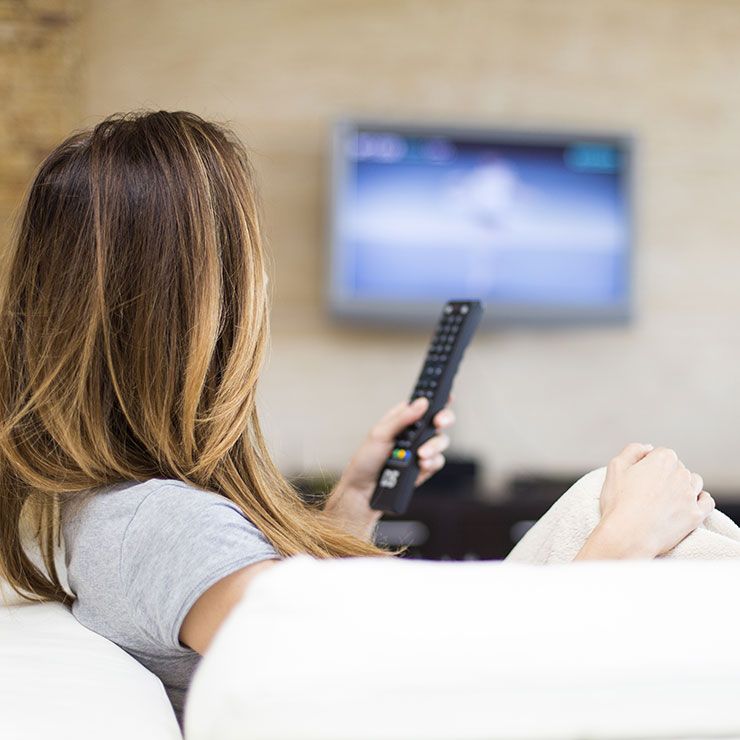
Blue light helps you wake up because it decreases your levels of the sleep-inducing hormone melatonin. You're probably thinking, "Great! I can just look at my phone to load up on blue light!" Sorry, but you really want to get it from the sun. That's because the sun also emits vitamin D, which is crucial for keeping up your energy levels. Research shows that people who have a vitamin D deficiency are more likely to have chronic fatigue syndrome, and correcting the deficiency boosts their energy levels back to normal. While Zeratsky says going out in the sun is better for a quick energy boost, taking a vitamin D supplement will also help you feel more awake if you're low on the nutrient. It won't give you an instant boost, but it will help regulate your energy levels over time.
Your radio is on the wrong station.
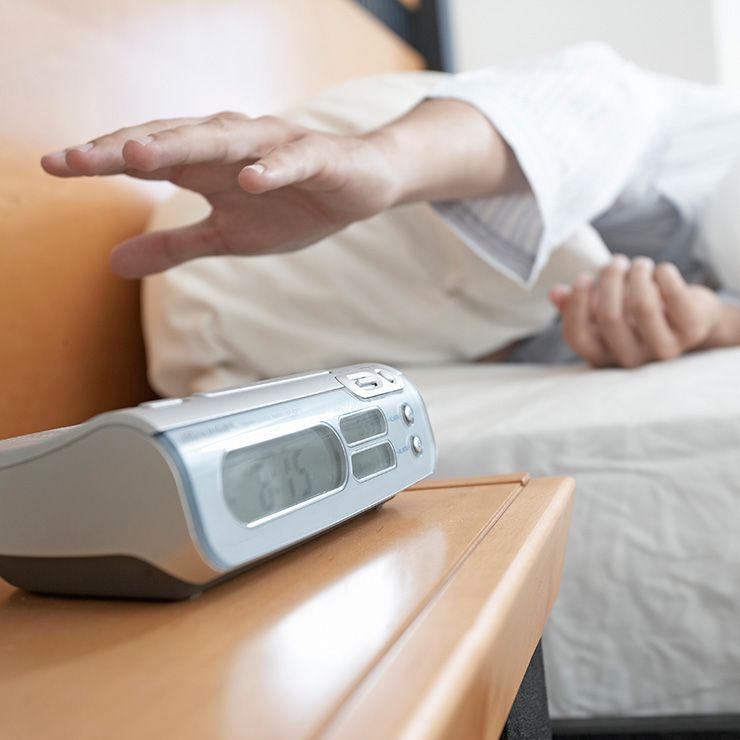
If you regularly hit the gym, chances are you don't slog away on the elliptical with just your thoughts to entertain you. That's not just boring, it's also no way to work out. You need music! Heart-racing, get-you-going music. So why not use the same technique to power through your mornings? Research shows music between 120 and 145 beats-per-minute is best to motivate you to run faster or, you know, get out of bed. Don't know what that sounds like? Try songs like Pharrell's "Happy" or Twisted Sister's "We're Not Gonna Take It." (Or just use this science-backed workout playlist.)
Watch Next


These Home Remedies for Allergy Relief Really Work

How to ID the Most Common Bug Bites
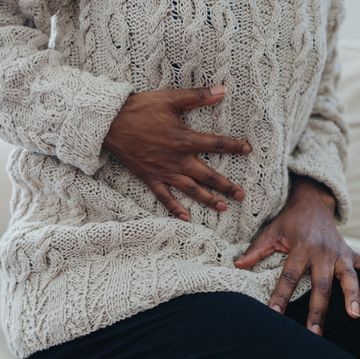
Foods That Really Help With Bloating

Company Pauses Gene-Editing Due to Side Effects

